Have you ever wondered about the difference between credit repair and debt settlement? Well, in this article, we’ll dive into this topic and give you all the information you need to know. Whether you’re looking to improve your credit score or settle your outstanding debts, understanding the difference between these two options is crucial.
In this article, we’ll explain what credit repair and debt settlement are, how they differ from each other, and which option might be the best fit for your financial situation. We’ll also explore the benefits and drawbacks of each method and provide you with valuable insights and tips to help you make informed decisions. So, if you’re ready to learn more about credit repair and debt settlement, keep reading to discover the key differences and choose the path that’s right for you.
Basics of Credit Scores
A credit score is a three-digit number that represents an individual’s creditworthiness. It is used by lenders, landlords, and other financial institutions to assess the risk of lending money or extending credit to a person. Your credit score is based on various factors such as your payment history, credit utilization, length of credit history, types of credit, and new credit inquiries.
How is a Credit Score Calculated?
Credit scores are calculated using complex algorithms developed by credit bureaus such as Experian, Equifax, and TransUnion. These algorithms analyze your credit report data and assign a score that ranges from 300 to 850. The higher your credit score, the more likely you are to be approved for loans and credit cards with favorable terms.
The specific calculation methods used by credit bureaus are not publicly disclosed. However, factors such as late payments, high credit utilization, and negative items on your credit report can significantly lower your credit score. On the other hand, making timely payments, keeping credit card balances low, and maintaining a mix of credit can help improve your credit score over time.
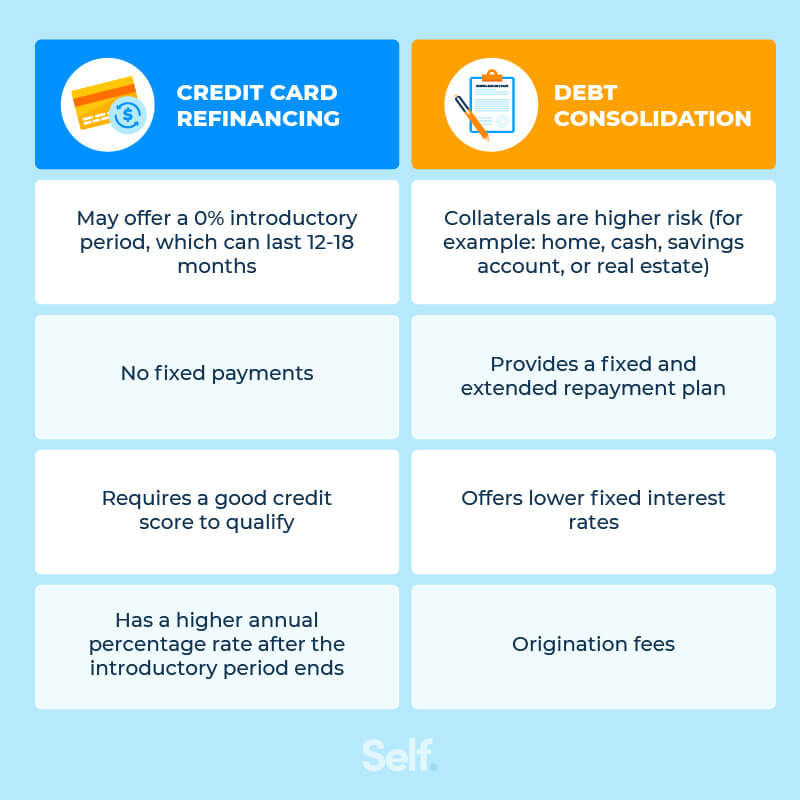
This image is property of images.ctfassets.net.
Why is a Credit Score Important?
A credit score plays a crucial role in your financial life. It is used by lenders to determine the interest rate, loan amount, and terms you qualify for when applying for a mortgage, auto loan, or credit card. Landlords use credit scores to assess whether you are likely to pay your rent on time. Insurance companies may also consider credit scores when determining premiums for auto and home insurance.
Having a good credit score not only increases your chances of being approved for credit, but it can also save you thousands of dollars over time. A higher credit score typically qualifies you for lower interest rates and better loan terms, which means you’ll pay less in interest and fees.
Fixing Errors in Credit Reports
Your credit report contains crucial information that is used to calculate your credit score. However, errors in your credit report can negatively impact your creditworthiness. It is essential to review your credit report regularly for inaccuracies and take steps to rectify them.
Identifying Errors in Credit Reports
To identify errors in your credit report, you should request a free copy of your report from each of the three major credit bureaus – Experian, Equifax, and TransUnion. Carefully review your reports and look for discrepancies in personal information, account details, payment history, and any negative items that do not belong to you.
Disputing Erroneous Information
If you find errors in your credit report, you have the right to dispute them and have them removed. To initiate the dispute process, you can file a dispute online, by mail, or by phone, with each credit bureau reporting the inaccuracies. Provide supporting documentation, such as canceled checks or correspondence, to support your dispute.
Credit bureaus typically have 30 days to investigate your dispute and respond. If the disputed information is found to be inaccurate, it must be corrected or deleted from your credit report. This can result in an improvement to your credit score.
Seeking Professional Assistance
If you find the process of disputing errors in your credit report overwhelming or time-consuming, you may consider seeking professional assistance. There are reputable credit repair companies that specialize in helping individuals navigate the credit repair process. These companies can handle the dispute process on your behalf, saving you time and effort.
However, it is essential to research and choose a reputable credit repair company. Look for companies that have a track record of success, transparent pricing, and positive customer reviews. Remember that you have the power to dispute errors on your own, but professional assistance may be beneficial in specific situations.
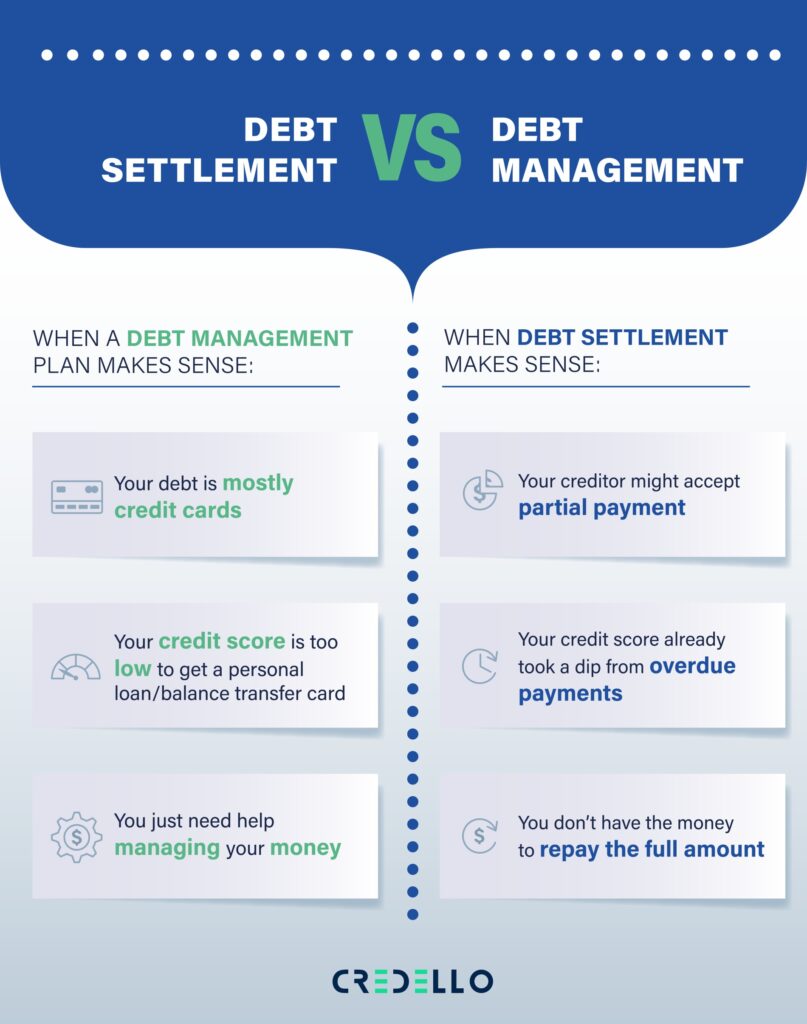
This image is property of www.credello.com.
Debunking Myths about Credit Repair
Credit repair is an industry that is often surrounded by misconceptions and myths. Let’s debunk some of the most common myths you may have heard about credit repair:
Myth: Credit Repair is Illegal
Contrary to popular belief, credit repair is not illegal. The Fair Credit Reporting Act (FCRA) gives consumers the right to dispute inaccurate or incomplete information on their credit reports. As long as you are not engaging in fraudulent activities or misrepresenting your credit history, you have every right to challenge errors and seek improvement in your credit report.
Myth: Credit Repair Companies Can Guarantee Specific Results
No credit repair company can guarantee specific results when it comes to improving your credit score. Each individual’s credit history and circumstances are unique, making it impossible to predict the exact outcome of credit repair efforts. Reputable credit repair companies can certainly help you navigate the process, but they cannot guarantee specific results.
Myth: Credit Repair is a Quick Fix
Improving your credit score takes time and patience. It is essential to understand that credit repair is not a quick fix. Depending on the complexity of your credit issues, it may take months or even years to see significant improvements in your credit score. It requires consistent effort and responsible financial habits to rebuild and maintain good credit.
Building Credit and Improving Creditworthiness
Building credit and improving your creditworthiness is a crucial step toward financial stability. Here are some strategies to help you establish healthy credit habits and boost your creditworthiness:
Understanding the Factors that Impact Creditworthiness
To begin building credit, it is essential to understand the factors that impact your creditworthiness. As mentioned earlier, payment history, credit utilization, length of credit history, types of credit, and new credit inquiries all play a role in determining your credit score. Focus on these factors and make efforts to improve them.
Strategies for Building Credit
One of the most effective strategies for building credit is to make timely payments on all of your credit obligations. Paying your bills on time consistently demonstrates your ability to manage credit responsibly. If you have limited credit history, consider opening a secured credit card or becoming an authorized user on someone else’s credit card to start building credit.
Another strategy is to keep your credit utilization low. Ideally, aim to use no more than 30% of your available credit. High credit card balances can negatively impact your credit score, so make an effort to pay down your balances and keep them low.
Establishing Healthy Credit Habits
Establishing healthy credit habits is crucial for long-term creditworthiness. Make it a priority to pay all of your bills on time, not just your credit card payments. Late payments can have a significant negative impact on your credit score and stay on your credit report for up to seven years.
Additionally, avoid opening too many new credit accounts within a short period. Each new credit inquiry can temporarily lower your credit score. Only apply for credit when necessary and consider the long-term impact on your creditworthiness before opening new accounts.
Maintaining a mix of credit, including credit cards, installment loans, and mortgage loans, can also positively impact your credit score. However, only take on credit that you can manage responsibly and comfortably repay.
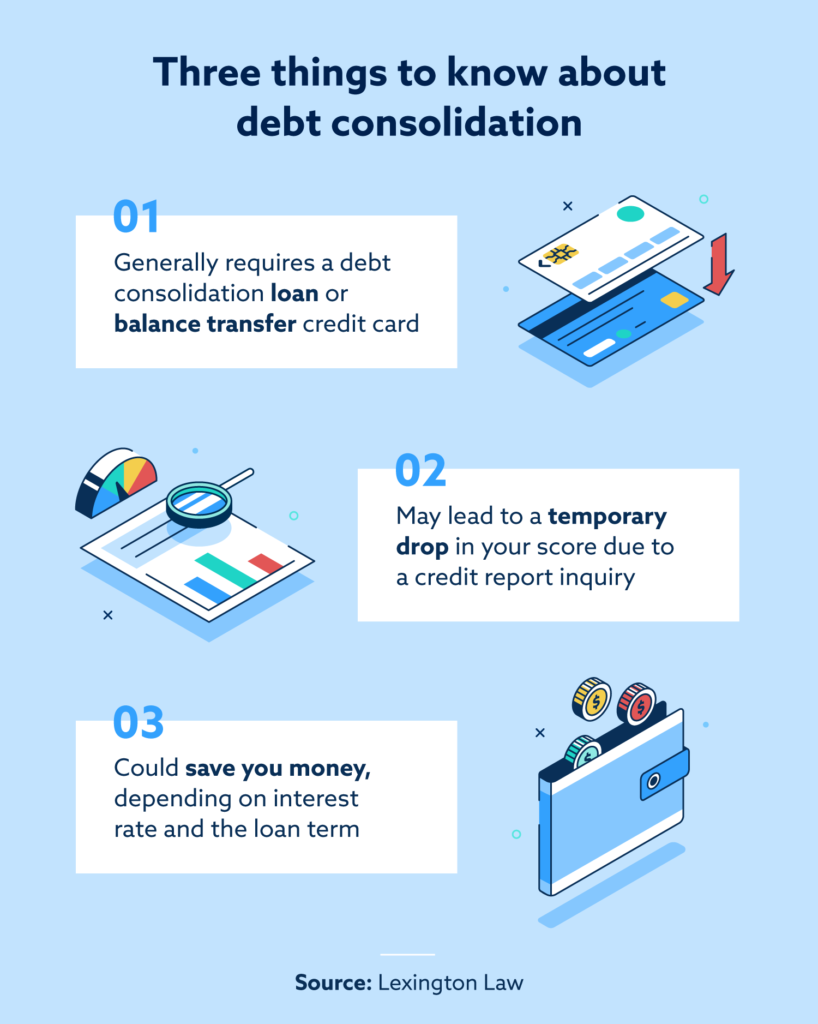
This image is property of www.lexingtonlaw.com.
Credit Repair vs. Debt Settlement
Credit repair and debt settlement are two different approaches to managing and improving your credit. Understanding the differences between the two can help you make an informed decision about the best approach for your financial situation.
Understanding the Difference between Credit Repair and Debt Settlement
Credit repair focuses on identifying and disputing inaccurate information on your credit report to improve your credit score. The goal is to have incorrect or negative information removed from your report, resulting in a higher credit score and improved creditworthiness.
Debt settlement, on the other hand, involves negotiating with creditors to settle your debts for less than the full amount owed. This can be an option for individuals who are struggling with overwhelming debt and unable to repay their creditors in full. Debt settlement typically involves making a lump sum payment or a series of payments to the creditor, and the remaining debt is considered settled.
Pros and Cons of Each Approach
Credit repair offers the opportunity to remove inaccuracies and negative items from your credit report, leading to an improved credit score. It is a proactive approach to managing your credit and can result in long-term creditworthiness. However, credit repair does not address outstanding debts or reduce the amount owed.
Debt settlement, on the other hand, offers the possibility of reducing your debt burden by negotiating with creditors. It can provide immediate relief from overwhelming debt and help avoid bankruptcy. However, debt settlement can have negative consequences, such as a lower credit score and potential tax implications on forgiven debt.
Evaluating Which Option is Best for Your Financial Situation
Deciding between credit repair and debt settlement requires careful evaluation of your financial situation and goals. If your primary concern is improving your credit score and addressing inaccuracies on your credit report, credit repair may be the best approach. On the other hand, if you are struggling with overwhelming debt and unable to repay your creditors in full, debt settlement may be a viable option to consider.
It is important to consult with a financial professional or credit counselor to help you assess the potential impact of each option on your financial situation. They can provide personalized advice and guidance based on your specific circumstances.
Handling Collections and Charge-offs
Collections and charge-offs are negative marks on your credit report that can significantly impact your creditworthiness. Here are steps you can take to handle these issues effectively:
Dealing with Collection Agencies
If you have overdue debts that have been sent to collections, it is essential to handle them promptly. Contact the collection agency and request written verification of the debt. Ensure that the debt is indeed valid before proceeding with any payments.
Negotiating a payment plan with the collection agency can be a viable option if you do owe the debt, but are unable to pay it in full. Be sure to get any agreement in writing and keep records of all communication with the collection agency.
Negotiating Settlement Offers
In some cases, collection agencies may be willing to settle the debt for less than the full amount owed. This is known as a settlement offer. Before agreeing to a settlement, it is important to carefully consider the long-term impact on your credit report and the potential tax implications of forgiven debt.
If you decide to accept a settlement offer, be sure to get all terms in writing and make the agreed-upon payment. Keep records of all communication and payments made to ensure the debt is considered settled.
Rebuilding Credit after Collections
After handling collections, it is important to focus on rebuilding your credit. Make sure all future payments are made on time, as recent positive payment history can help offset the impact of past collections. Consider opening a secured credit card or becoming an authorized user on someone else’s credit card to establish new positive credit history.
It is important to note that collections can stay on your credit report for up to seven years. However, their impact on your credit score will diminish over time as long as you continue to practice responsible credit habits.
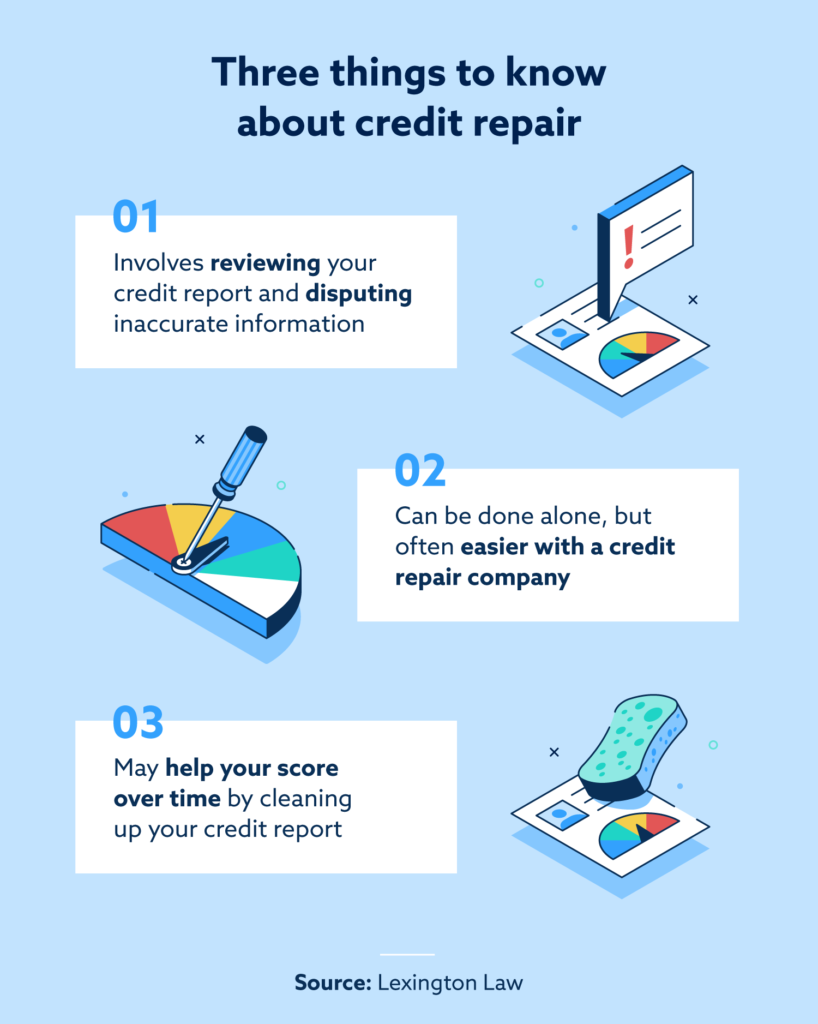
This image is property of www.lexingtonlaw.com.
Hiring Credit Repair Companies
If you find the credit repair process overwhelming or need professional assistance, hiring a reputable credit repair company can be an option. Here are some steps to consider when hiring a credit repair company:
Researching Reputable Credit Repair Companies
Take the time to research and find reputable credit repair companies. Look for companies that have a track record of success, transparent pricing, and positive customer reviews. Avoid companies that make unrealistic promises or guarantees concerning specific results.
Check the company’s accreditation and certifications. Look for affiliations with organizations such as the National Association of Credit Services Organizations (NACSO) or the Better Business Bureau (BBB).
Understanding Their Services and Fees
Before hiring a credit repair company, it is essential to understand the services they offer and the associated fees. Reputable companies should provide a detailed breakdown of their services, including credit report analysis, dispute resolution, and personalized credit improvement strategies.
Be cautious of companies that require upfront payment or promise quick results. Reputable credit repair companies typically charge monthly fees for their services. Ensure the fees are reasonable and within your budget before entering into an agreement.
Evaluating Customer Reviews and Success Stories
Customer reviews and success stories can provide valuable insights into the credibility and effectiveness of a credit repair company. Look for reviews and testimonials from real customers who have used the services of the company. Websites like the BBB and consumer review sites can provide unbiased feedback on the company’s performance.
Take note of any patterns or recurring issues mentioned in customer reviews. Positive reviews and success stories should outnumber negative reviews, indicating a higher level of customer satisfaction.
DIY Credit Repair Tips
If you prefer a hands-on approach or are unable to afford professional credit repair services, you can take steps to repair your credit on your own. Here are some tips for DIY credit repair:
Steps for DIY Credit Repair
- Obtain copies of your credit reports from each of the three major credit bureaus: Experian, Equifax, and TransUnion.
- Review each report carefully for errors, inaccuracies, and negative items that need to be addressed.
- Dispute any incorrect or questionable information with the credit bureaus. Provide supporting documentation to support your dispute.
- Keep a record of all communication and maintain copies of any documents related to your credit repair efforts.
- Monitor your credit reports regularly to gauge your progress and ensure that any changes or corrections have been made.
Utilizing Free Resources and Tools
There are several free resources and tools available to aid in your credit repair journey. Websites such as annualcreditreport.com provide access to your free credit reports from each credit bureau once a year. Credit monitoring services like Credit Karma and Credit Sesame provide a free overview of your credit scores and offer tools to help you track your credit progress.
Educational resources such as credit repair guides, articles, and videos can provide valuable information on credit repair strategies and best practices. Take advantage of these resources to empower yourself with knowledge and make informed decisions.
Monitoring Progress and Staying Motivated
Credit repair is a journey that requires persistence and perseverance. It is important to regularly monitor your progress and celebrate small victories along the way. Set realistic goals for yourself and track your progress to stay motivated.
Keep in mind that credit repair is not a linear process, and improvements may take time. Stay committed to practicing responsible financial habits, paying bills on time, and keeping credit card balances low. Over time, you will see improvements in your creditworthiness.
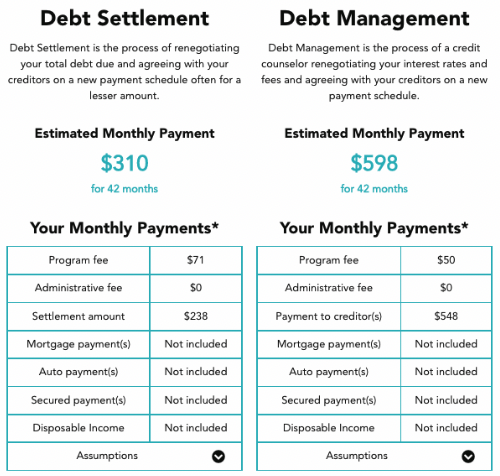
This image is property of ascend-images-e065c94a.s3.amazonaws.com.
Bankruptcy and Credit Repair
Bankruptcy is a legal process that helps individuals or businesses eliminate or repay their debts under the protection of the court. While bankruptcy can provide relief from overwhelming debt, it has a significant impact on credit. Here’s what you need to know about bankruptcy and credit repair:
The Impact of Bankruptcy on Credit
Bankruptcy can have a severe negative impact on your credit score and creditworthiness. A bankruptcy filing will remain on your credit report for up to ten years, making it challenging to obtain new credit or favorable terms for loans.
Lenders and creditors may be wary of extending credit to individuals who have filed for bankruptcy, as it indicates a history of financial hardship. However, bankruptcy provides an opportunity for a fresh start and can be the first step towards rebuilding your credit.
Rebuilding Credit after Bankruptcy
Rebuilding credit after bankruptcy is possible, although it requires time, patience, and responsible financial habits. Here are some steps to help you improve your creditworthiness after bankruptcy:
- Carefully review your credit report after bankruptcy and ensure that all debts included in the bankruptcy filing are accurately reflected as discharged.
- Establish a budget and prioritize making timely payments on all bills and obligations. Payment history is a significant factor in calculating your credit score.
- Consider applying for a secured credit card or a credit-builder loan. These types of credit can help you establish new positive credit history.
- Keep credit card balances low and aim to pay them off in full each month.
- Regularly monitor your credit reports to track your progress and ensure that any changes or corrections have been made.
While bankruptcy may initially have a negative impact on your credit, responsible financial habits and consistent effort can help you rebuild your credit over time.
Seeking Professional Guidance during the Process
Recovering from bankruptcy may require professional guidance and support. Credit counseling agencies can provide education, resources, and personalized advice to help you navigate the complexities of rebuilding credit after bankruptcy.
These agencies can help you develop a financial plan, establish a budget, and provide ongoing support to ensure that you are making progress towards your credit repair goals. Look for reputable credit counseling agencies that are accredited by organizations such as the National Foundation for Credit Counseling (NFCC) or the Financial Counseling Association of America (FCAA).
Conclusion
In conclusion, credit repair and debt settlement are two different approaches to managing and improving your credit. Credit repair focuses on identifying and disputing inaccurate information on your credit report, while debt settlement involves negotiating with creditors to settle your debts for less than the full amount owed.
It is important to understand the differences between credit repair and debt settlement and evaluate which option is best for your financial situation. Building credit and improving creditworthiness require consistent effort, responsible financial habits, and a proactive approach to managing your credit.
Whether you choose to hire a credit repair company or take a DIY approach, it is essential to stay informed and motivated throughout your credit repair journey. Regularly monitor your credit reports, educate yourself on credit repair strategies, and seek professional guidance when necessary.
Remember, credit repair is a journey, and improvements take time. Stay committed to practicing responsible financial habits, and you will eventually see progress in your creditworthiness. Empower yourself with knowledge, take proactive steps, and make informed decisions to achieve your credit repair goals.
